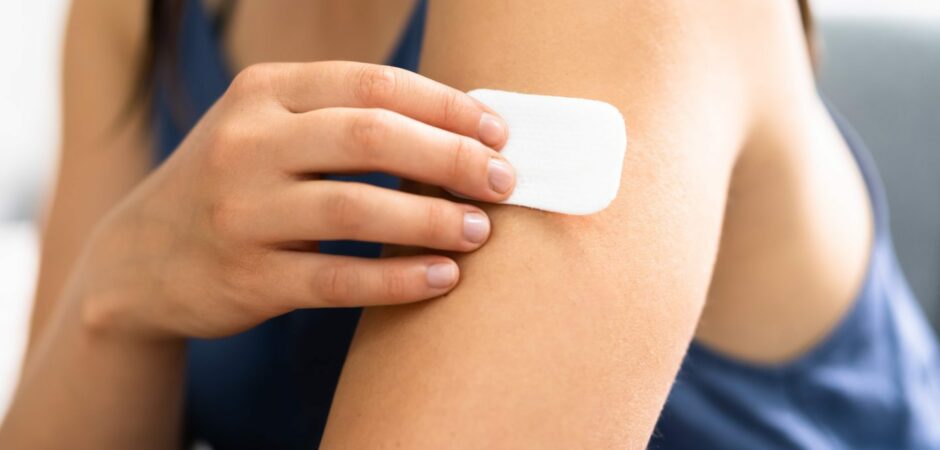
The World Health Organisation (WHO) and the International Menopause Society designated October as World Menopause Month. Thanks to the increased awareness of menopause generally, more and more women are getting support and discussing the signs and symptoms that they experience.
According to the Faculty of Occupational Medicine approximately 80% of menopausal women are working. Menopausal women are now the fastest growing workforce demographic and are a valuable asset, playing a huge societal role economically. During this time, these women are at their peak in terms of career, family and life experiences.
It is estimated that approximately 13 million women in the UK are perimenopausal or postmenopausal – 19% of the UK population. Globally the percentage could be higher. Perimenopause is the time before periods fully stop. Postmenopause is when periods have stopped for one year due to lower oestrogen levels. For most women this occurs between 45 and 55 years old.
Other causes of menopause can be due to surgery, chemotherapy or genetic conditions. Sometimes this results in early menopause occurring in women under 40 – 45 years old.
It is estimated that 75% of menopausal women will experience symptoms and 25% could experience serious symptoms.
Symptoms vary from person to person, ranging from anxiety, mood swings, hot flushes, joint and muscle aches and vaginal dryness, dry skin and hair and weight gain, to name a few. Menopause can have a big impact on daily activities, relationships and work. Symptoms can last for months or for several years. And lower oestrogen levels can also result in reduced bone density and increase the risk of osteoporosis.
Cultural factors can also affect how women experience menopause – not every woman has a culture that allows them to speak freely about menopause.
Taking HRT (hormone replacement therapy) or hormonal treatment has been found to be helpful in managing most menopausal symptoms and reducing the risk of osteoporosis. Most women in the UK are advised to have a discussion with their GP (family doctor), nurse or pharmacist and to weigh up the risks and benefits of being on HRT. Once on HRT, symptoms tend to improve over weeks and months.
Not all women are able to or want to be on HRT for various reasons. In these cases, several alternative approaches can ease symptoms, including counselling, exercise, rest and avoiding triggers such as caffeine and alcohol. Taking calcium and Vitamin D supplements can also help with bone density.
Whilst there has been progress in normalising the conversations around menopause, work settings can help women further by having a menopause policy, providing a supportive environment, raising awareness and signposting anyone with concerns to sources of further information.
With time, hopefully menopause will be accepted and normalised as a natural process, just as puberty is.
If you are interested in finding out more about the healthcare solutions offered by International SOS and how we can support your health and wellbeing, please contact Nicola Yates – – or visit my.internationalsos.com/ukhealth.
